If you’re a cloth diapering mom, or are considering it, one thing that might be a huge question on your mind is, how do I wash these things? Or, how do other people wash them? There are as many different wash routines as there are cloth diapering families, so today I’ll share mine.
Wash routines are affected by many variables: the type of diapers you have, what your baby is eating, what type of water you have (hard/soft), what type of detergent you use, your washing machine’s options, whether you use a wet or dry pail, and more.
At my house, I use pocket diapers stuffed with cotton prefolds. (I designed and sewed the diapers myself.) My children are both older and eating normal “adult” diets (although I don’t use a different routine when I have exclusively breastfed newborns). I have water that tends to be on the hard side. I generally use soap nuts, although I have played with my Seventh Generation unscented lately. My machine doesn’t have an option for an extra rinse, at least not unless I go and manually set it.
So here is what I do:
- Remove wet/dirty diaper from baby. Dump any solids into the toilet. I do not dip or rinse in any way; whatever doesn’t get off the diaper stays until it gets washed.
- Place diaper into wet bag until wash day.
- When ready to wash, add 1 bag of soap nuts (3 – 4 in bag) to a hot wash on medium or high water level. (I also try using the usual, small amount of Seventh Generation if I try that.)
- Add diapers to wash. Hot wash/cold rinse.
- Turn machine on a second time with no soap; hot wash/cold rinse.
- Dry diapers on the clothesline or in the dryer, depending on weather.
That’s it! I have not had stink issues or leaking issues or anything. On rare occasions, if the kids have been sick or had weird things going on, I’ve used plain blue Dawn to strip them (one good squirt in the washer, and an extra 2 – 3 washes to get all the soap out). I’ve occasionally added white vinegar to the wash but really haven’t found that I needed it. I don’t bother with soaking or wet pails or any of that stuff. I haven’t needed it in the 2.5 years I’ve been using cloth diapers.
How do you wash your diapers? What are your variables (water, type of diapers, etc.)?

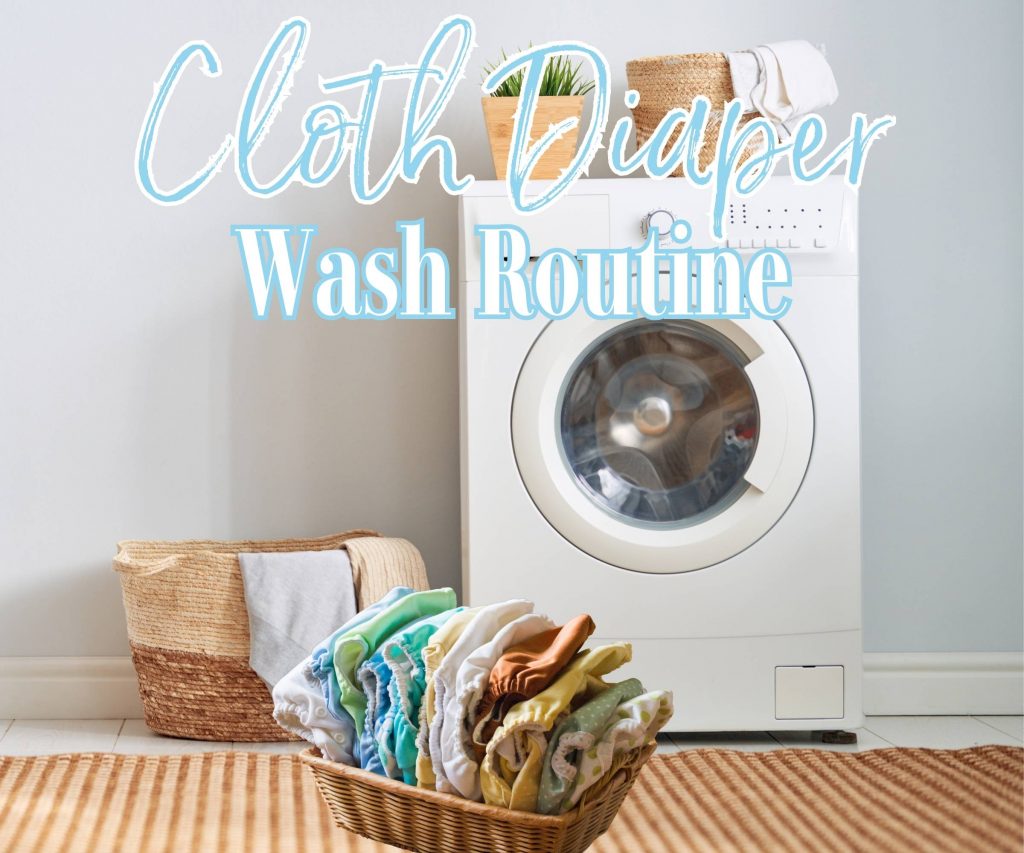
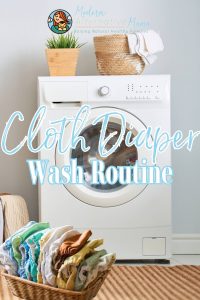
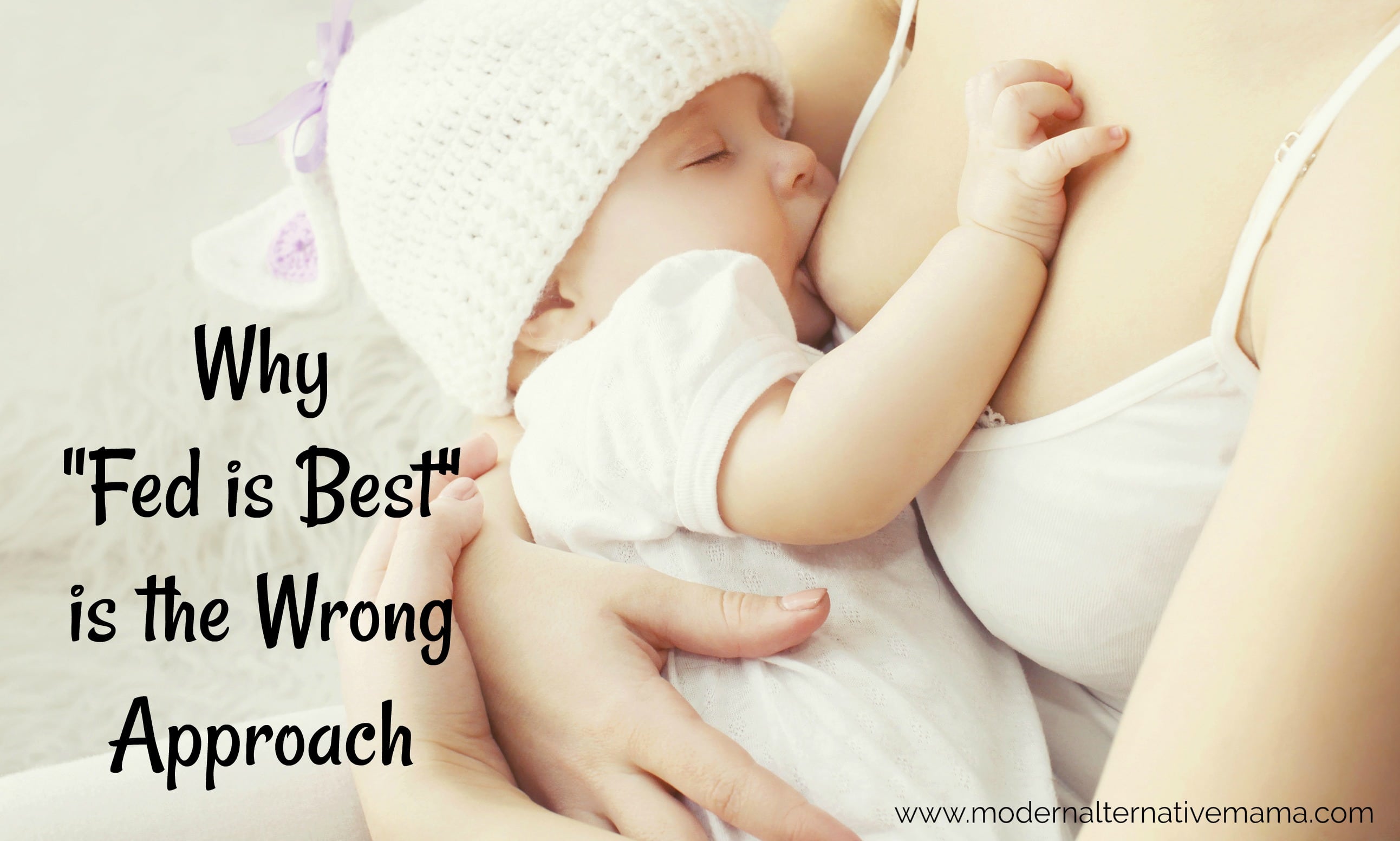
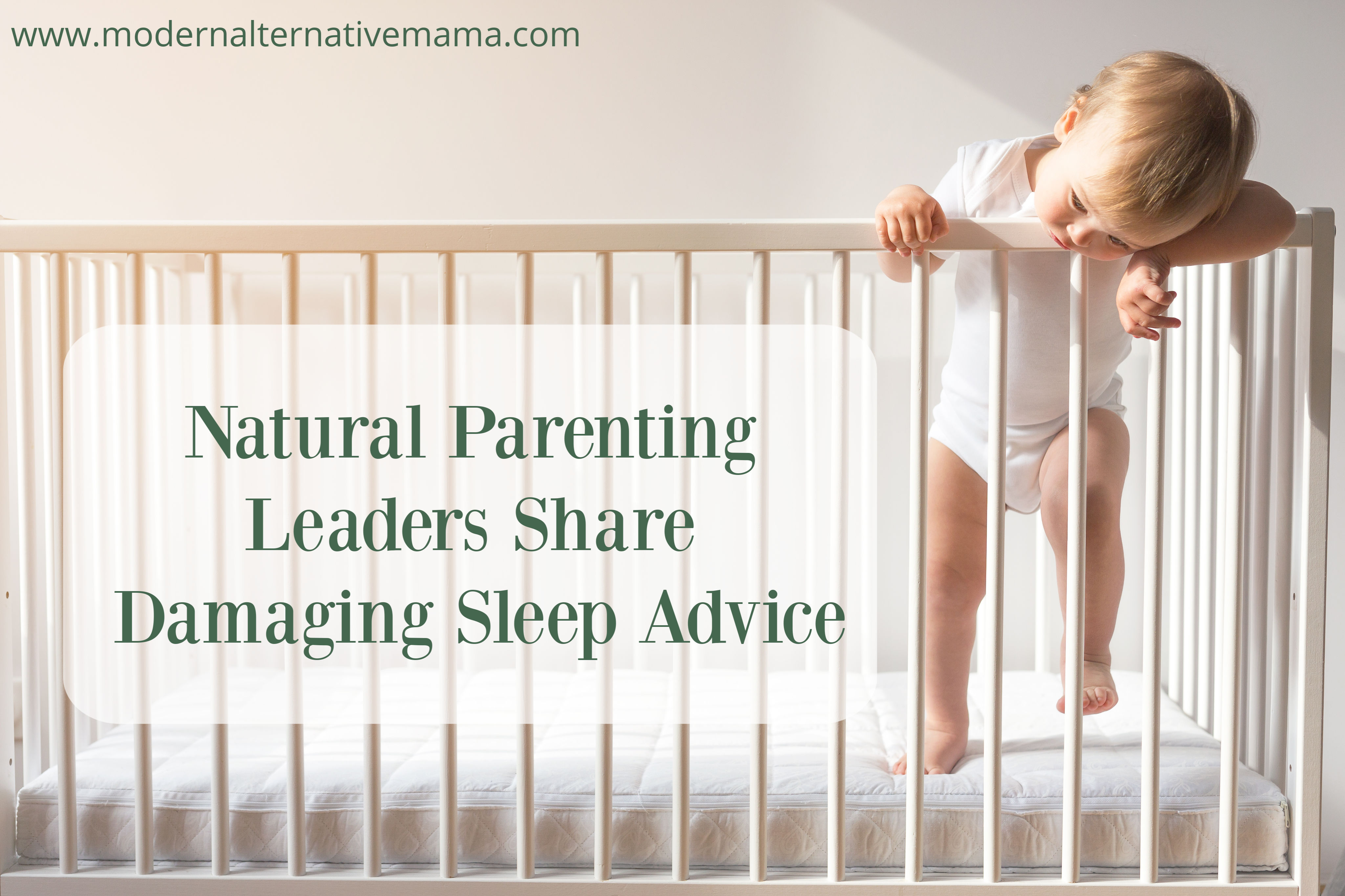

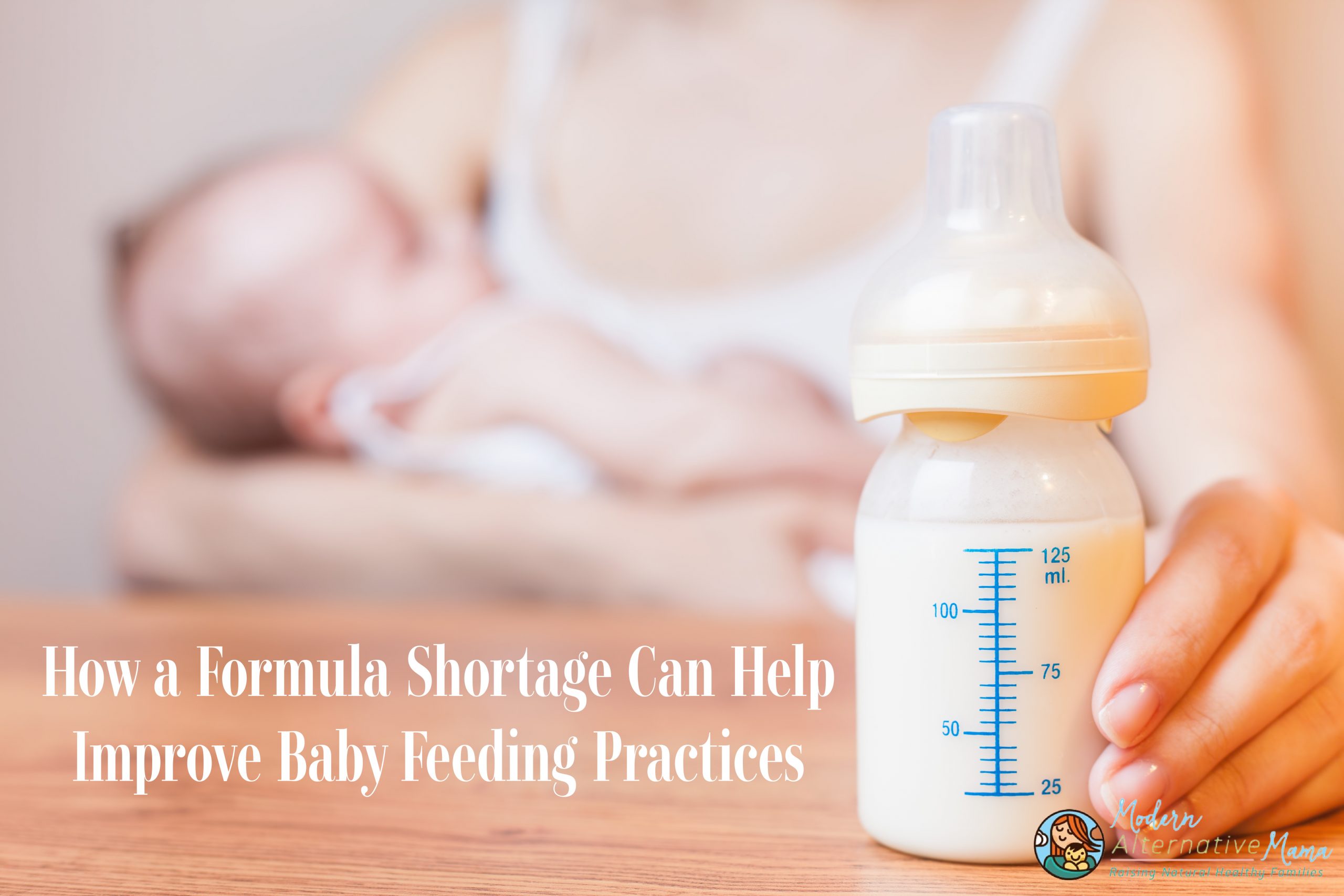

I have ten kids and started out with cloth diapers with the oldest. I use a similar wash routine. No fancy stuff here! I started my own little blog and I talk about what I've learned diapering ten kids here.
http://dyno-mom.blogspot.com/2010/12/cloth-diapers-are-green-and-affordable.html
This is great! I knew that I didn't want to go the disposable route with our first, but I was still so uncertain about how this whole cloth diapering stuff works. I appreciate the simplicity of this (and your referred first article) on cloth diapering. Thank you!
Do you have any suggestions for stain removal when you can't line dry?
My diapers look great in the summer when I can hang them outside, but are getting a buildup of annoying stains right now since it's winter in Wyoming and line drying is out of the question!
Would love to hear your ideas!
I use pocket diapers as well and had pretty much used the 7th Gen. free & clear up until 2 weeks ago. I wasn't really pleased with the way they were smelling and/or cleaning. I {finally!} ordered some soapnuts to try on our regular wash and figured what the heck I'll try them on the diapers…and I will probably never use anything else ever again. The soapnuts are A.M.A.Z.I.N.G. on the diapers! There is definitely a distinguishable difference. The diapers smell "clean" {as in, there isn't an odor} and they look whiter & brighter. Love, love, love the soapnuts.
We recently got an HE machine, but up until then I would, like you, just dump the solid and everything else leftover just waited until wash time. I'm a little more paranoid with the HE, because I'm not sure about throwing "extra" stuff in there. So, now I usually dump the solid scrape a little if necessary, and run it thru a quick rinse cycle. Then it just sits until I was a load of diapers. My cycle is a prewash, hot wash, & extra rinse. Using soapnuts. 🙂 Oh, and I'll strip them every so often. I think I've done it twice in 9 months.
When I was cloth diapering, we used AI2s. For the EBF poo, it was SO easy. From the baby to the wet bag to the washer. I use Tide(I know, I know, but it's all that works with our water) and do a cold rinse followed by a hot wash/cold rinse with 1/2 the detergent you'd normally use. Once that baby started having toddler poo things got much more tricky. I invested in a sprayer and LOVE it. However, for some reason we developed stink issues when she weaned. I did EVERYTHING to fix it and nothing worked except washing them somewhere else. 🙁 Apparently we have unfriendly hard mineral laden well water and it didn't go well with her new diet. I'm getting ready to start using cloth on the new baby. I'm hopeful, but scared that we're going to have stink again.
Thanks so much for the blue dawn tip. We've had a little stink (really strong urine smell) issue over here and a 3rd rince and vinegar hasn't seemed to do the job. I'm going to try that next time I wash.
I did disposables with my son, wanted to do cloth but where we lived there weren't options like here. nowwith our daughter I'm using pocket diapers and nature's clean detergent. The routine I wasrecommended is to store diapers dry (in a wet bag), then on wash day run a cold rinse first, then hot wash/cold rinse with extra rinse and dry in the dryer. For some reason, they come out better (cleaner and drier) if I wash some towels with them.
I have problems with stains, though, as I can't sun them right now. Any tips for that?
Thanks for this post. I wash a full cycle of cold, then full cycle of hot, then a cold rinse. But, I've always wondered if I could skip that last rinse so I may try. We use Charlie's Soap which works well though I don't know what's in it.
I use Envibum diapers with my son. A 2nd rinse with about 1/2 cup vinegar usually does the trick to remove smells!
I've had great luck with Dropps http://www.dropps.com/dropps_baby.asp We travel a lot and these make it easy to also bring the cloth diaper routine. I think I am also going to order some soap nuts. I had great luck with them with my first kiddo. I wonder why I stopped? hmhmh
Thanks for the post!
I am having trouble removing yeast from cloth diapers. We kicked the infection in the kiddo but everytime we try to put him back in cloth, it comes back. So far I have tried chlorine-free bleach and grapefruit seed extract in the washes but it hasn't work. Can anyone offer any advice or suggestions? Thanks!
I would definitely recommend chlorine bleach or boiling. I’ve never personally had a problem with yeast but it needs “real” cleaning and unfortunately chlorine-free bleach and GSE aren’t going to do the job. This is a time when “modern” conveniences like regular, strong bleach, while not needed every day, really do have a place.
A few drops of Tea Tree oil added to the wash cycle with the cloth diapers/liners (no covers) does a good job of removing the stinkies. I do a second wash cycle to make sure it is all rinsed out since it is such a strong oil. I have also found that the water has a lot to do with success of a particular detergent. I have tried several types of "cloth diaper" detergent and my diaps have gotten smelly with some and been great with others. I recently read a post somewhere that stinkies can build up if too much detergent is used.
I use a similar routine, although I do a cold wash first, then a hot wash with an extra rinse. Just wanted to address Sue's concerns with the HE machine. I do what Kate does and have never had any problems. The HE machines are well able to handle little bits of dried on poop.
To those having stain/yeast issues:
Try RLR or Bac out. They are perfectly natural and should "strip" the diapers pretty well. You can add some tea tree oil in with this, too. Try it all if you have to, and get them in the sun if possible. If I really am having problems I will use RLR and extra rinses and that has taken care of it. I haven't had to in so long that I had forgotten about it!
can someone tell me what a wet bag is?I know about the wet pail, but have never heard of this. thanks!
Wet bag is a waterproof (sometimes odor-proof) bag for storing soiled cloth diapers. They are espeically helpful when you are out of the house and need a change. The concept is similar to dry bags for camping only they keep the wet in instead of keeping the wet out. In fact, dry bags, which you can find in the camping section of some stores, work just as well (some better) and are less expensive. I got a 3 pack, multiple sizes for $9.99 at Walmart but my one zippered wet bag cost $25! Some people also get larger bags to use in place of a diaper pail because they can be closed (helps with odor).
I follow pretty much the same routine (no swishing in the toilet, thank you very much!) except I wash only once on hot/cold with Charlie's Soap. (I haven't used soap nuts before, but only because I'm so pleased with Charlie's, I've just never tried anything else!)
I will line dry my diapers this summer, but in the meantime, stains don't bother me in the least, who's going to be checking- I know they're clean, and they come out fresh!
Of course, even with so simple a routine, NO cloth diapers at all is even better, so check out my blog for my experience with elimination communication. My 9 mo. old is doing her business on a baby Bjorn potty, and I go days without washing diapers (used only for going out)!! I know this is off topic, but I have been extremely successful with this twice- so I want to share it with you.